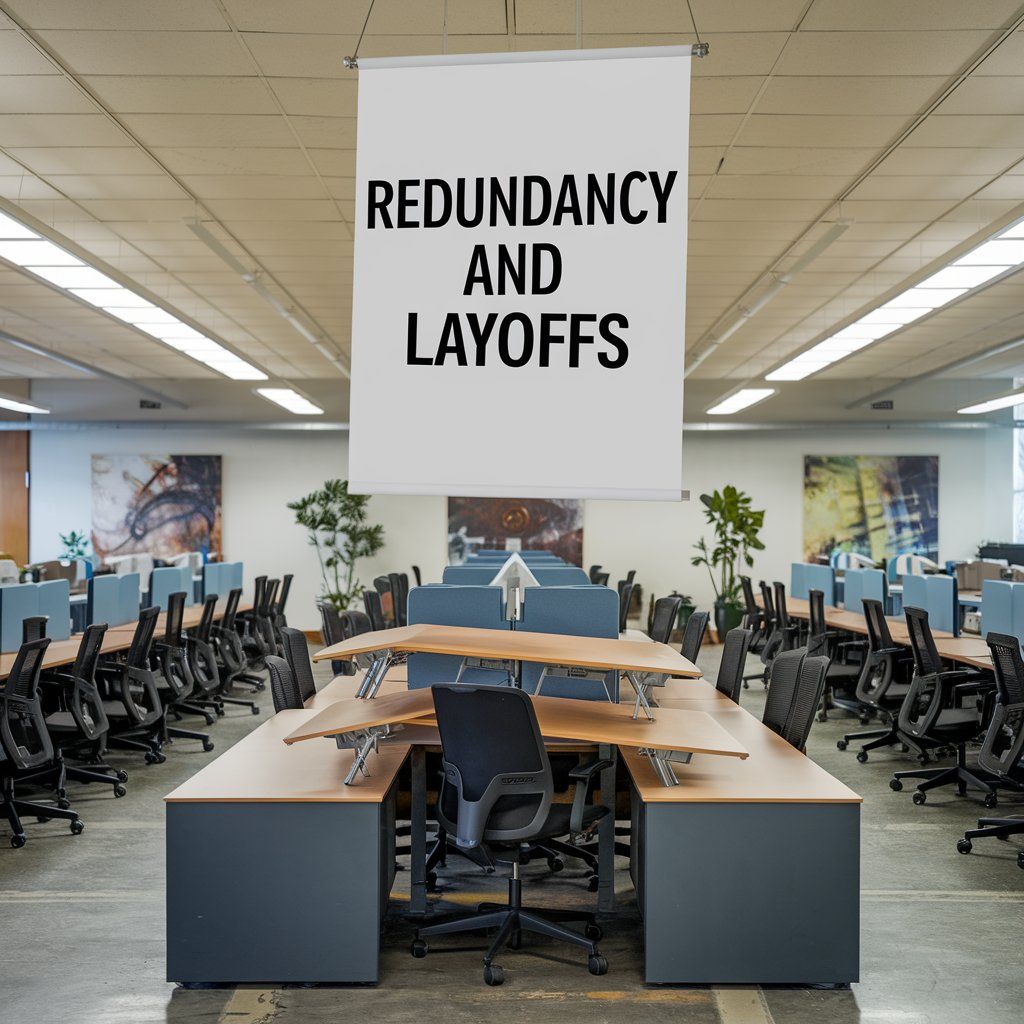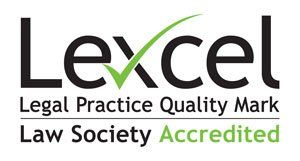Legal jargon explained
We try to use plain English where possible to make everything simple to understand but sometimes we just cannot escape having to use some legal terms which are unfamiliar to most.
We have created a list of legal terms you may see us use with a short definition.

A
Allegation - a claim made against someone, often without proof.
Alternative dispute resolution - arbitration and mediation are alternative ways in which a dispute can be resolved, without going to court.
Ancillary relief - an application for financial support, following the presentation of a petition for divorce, nullity or judicial separation.
Arbitration - a way of seeking to resolve a dispute without going to court: a third party (the arbitrator) looks at both sides of the dispute and makes a decision as to how it should be resolved.
Assets - things owned by a person or organisation which usually have some value.
B
Barrister - a lawyer regulated by the Bar Standards Board, often specialising in court room representation, drafting pleadings and expert legal opinions.
Beneficiary - someone who is entitled to a benefit (e.g. under a will or trust).
C
Chambers - a collection of independent, self-employed barristers who share employed clerks to administer work, and who share the expense of such clerks, office buildings and brand name.
Chattels - personal belongings that can be moved from one place to another.
Civil law - the area of law covering disputes you may have with a person or an organisation.
Claimant - a person making a claim.
Compromise agreements - This is a legal document which is used in employment cases and confirms the terms of the settlement you have agreed.
Conveyancing - the process involved in buying, selling or re-mortgaging a property to transfer its legal title from one person to another.
Counsel - a term used to describe a barrister.
Creditor - a person or organisation to whom money is owed.
Court of protection - when someone is mentally incapable of making a particular decision at a particular time, and they haven't made a lasting power of attorney, and the decision isn't one that can be made on an informal basis, the matter can be referred to the Court of Protection. The court may either choose to make the decision itself on the person's behalf, or choose someone else, known as a 'deputy', to make the decision for them.
D
Damages - an award, typically of money, paid to a person or organisation for loss or injury.
Decree Absolute – the final court order which ends a marriage.
Decree Nisi - a provisional court order which orders that a marriage should be dissolved.
Disbursement - fees that are paid to third party organisations as part of legal services. For example, this could be a payment made by your lawyer to a local authority for property information when buying a house.
E
Estate - a person's property, entitlements or obligations.
Executor - someone named in a will who will carry out the directions of the will.
F
Fee earners - employees of firms who deliver legal services.
G
Grants of representation - this includes grants of probate (when there is a will) and grants of letters of administration (when there is no will). Often people just refer to probate even if there is no will.
H
Hearing - a legal proceeding where the facts of a particular issue are looked at, and evidence is presented to help decide what the outcome should be.
I
Indemnity - compensation for - or protection against - loss or damages that might be given by one person to another within a contract or otherwise.
Inheritance - parts of someone's estate passing to someone on death.
Insolvent - being unable to pay debts when they are due or where liabilities exceed assets.
Interest - a right or claim to something.
Interim proceedings - hearings that take place between the first hearing and the final hearing.
Intervention - when a regulator takes control of the papers and monies of a legal practice in order to protect the public.
Intestate - any person who dies without leaving a will.
J
Judge - a judge presides over court proceedings and hears all witnesses and evidence presented by the parties of the case, assesses the credibility and arguments of the parties, and then issues a ruling on the matter at hand, based on his or her interpretation of the law and his or her own personal judgment.
L
Lasting power of attorney - a lasting power of attorney carries on, or 'lasts', even after you have become unable to manage your affairs, whether temporarily or permanently, or because of an illness, disability or accident. Lasting powers of attorney have now replaced enduring powers of attorney, although valid enduring powers of attorney made before 1 October 2007 can still be used.
Legal executive - a lawyer regulated by ILEX Professional Standards.
Legal Ombudsman - an independent body set up to deal with complaints of poor service about lawyers and law firms of England and Wales.
Liable - when someone is legally responsible for something.
Litigation - the contested process before a court.
Litigant - a person involved in a claim in court.
M
Magistrate - non-legal volunteer who hears cases in their community and administers the law, usually in a court that deals with minor offences and holds preliminary hearings for more serious ones.
Mediation - mediation and arbitration are alternative ways in which a dispute can be resolved, without going to court.
N
Notary - a lawyer regulated by the Faculty Office of the Archbishop of Canterbury. Notaries are primarily concerned with the authentication and certification of signatures, authority and capacity relating to documents for use abroad.
O
Obligation - a requirement to take a particular type of action, which may have a legal basis through a contract.
Omission - a failure to perform a particular act where there was a duty or a legal requirement for that act to be carried out.
P
Paralegal - A Paralegal is a person qualified through education and training to carry out advanced legal work that requires knowledge of the law and procedures. Paralegals generally support lawyers in their work.
Probate - a legal permission provided by a Probate Registry for someone to deal with someone else's estate after they die. A Probate Registry is an office where someone can be interviewed in order to be provided with a probate permission.
S
Solicitors Regulation Authority (SRA) – the SRA regulates solicitors in England and Wales. Their purpose is to protect the public by ensuring that solicitors meet high standards, and by acting when risks are identified.
T
Tribunal - a person or group of people who collectively have authority to judge and/or determine claims or disputes.
U
Unfair dismissal – a claim an employee is entitled to make against their former employer if they feel there was no good reason for their dismissal.
Unlawful - illegal or contrary to social convention.
W
Will - a legal document that declares a person's wishes about the way their estate should be handled when they die.




